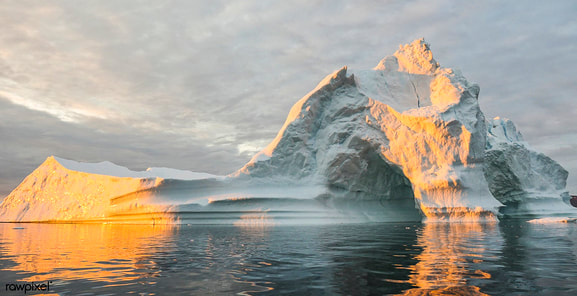Why does it seem that we are on a crash course towards an impending doom? As humans, we have known about our impact upon global climate since the early 1900s through greenhouse gases, but we have still not made any considerable efforts to collectively reduce our toll upon global climate (Climate Change History - HISTORY). While some people are noticing the doom that awaits us if nothing changes, others still deny the reality of the situation.
0 Comments
 New York City is a place that is recognized around the world. In 2018, New York City was visited by almost 15 million people (NYC Tourism Facts & Statistics | Sea The City)! In 2020, I was also a visitor to New York City, before the pandemic of course. Having been there, I can see why this city is so popular. It is a symbolic representation of the heart of the capitalistic empire that we have created here in the United States. From skyscrapers to bustling stores and roadways, New York City embodies a capitalistic economy. This reality is why I find Colson Whitehead’s choice for setting in this apocalyptic narrative so intriguing. More specifically, in Zone One, it seems like Whitehead’s choice of New York City as the setting for his zombie apocalypse served a deeper purpose than a drastic comparison. At a deeper level, Whitehead may be hinting at the potential travesty that may result from the capitalistic empire that we have created in America. After all, in this city with the tallest building and the brightest colors, there seem to be a lot more significant issues. For starters, as often noted by critics of capitalism, there is a huge problem of wealth inequality in New York City. In fact, the top 1% of income in New York City makes 142 times that of the bottom 99% (Infographic shows New York has the highest income inequality (news10.com))! When you take into consideration that the cost of living and taxes are astronomical in New York relative to other areas of the United States, this inequality becomes even more drastic. When many people in New York City are struggling to live comfortable lives and the top 1% of earners are making 142 times that of the people that are struggling, I think it is more than reasonable to ask if there is room for improvement in the economy that we have built. While those that argue against this reconsideration argue that other economies have their own issues, that should not be an excuse for examining solutions to the problems that our economic system seems to be creating. It will likely only get worse over time, so we must address it before our illustrious world crumbles around us due to unequal earnings. |
AuthorThis blog was created by Bobby Leeper. He is a student at Wright State University studying both biological sciences and Spanish. Archives
April 2021
Categories |

 RSS Feed
RSS Feed
